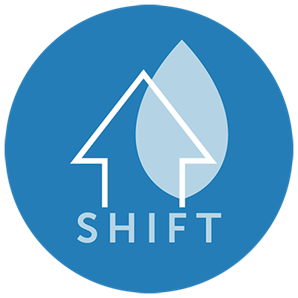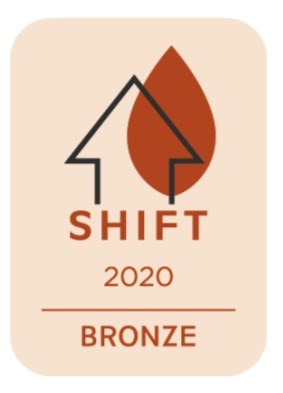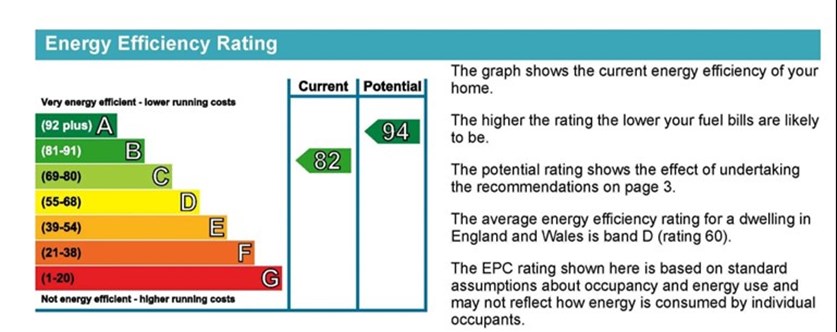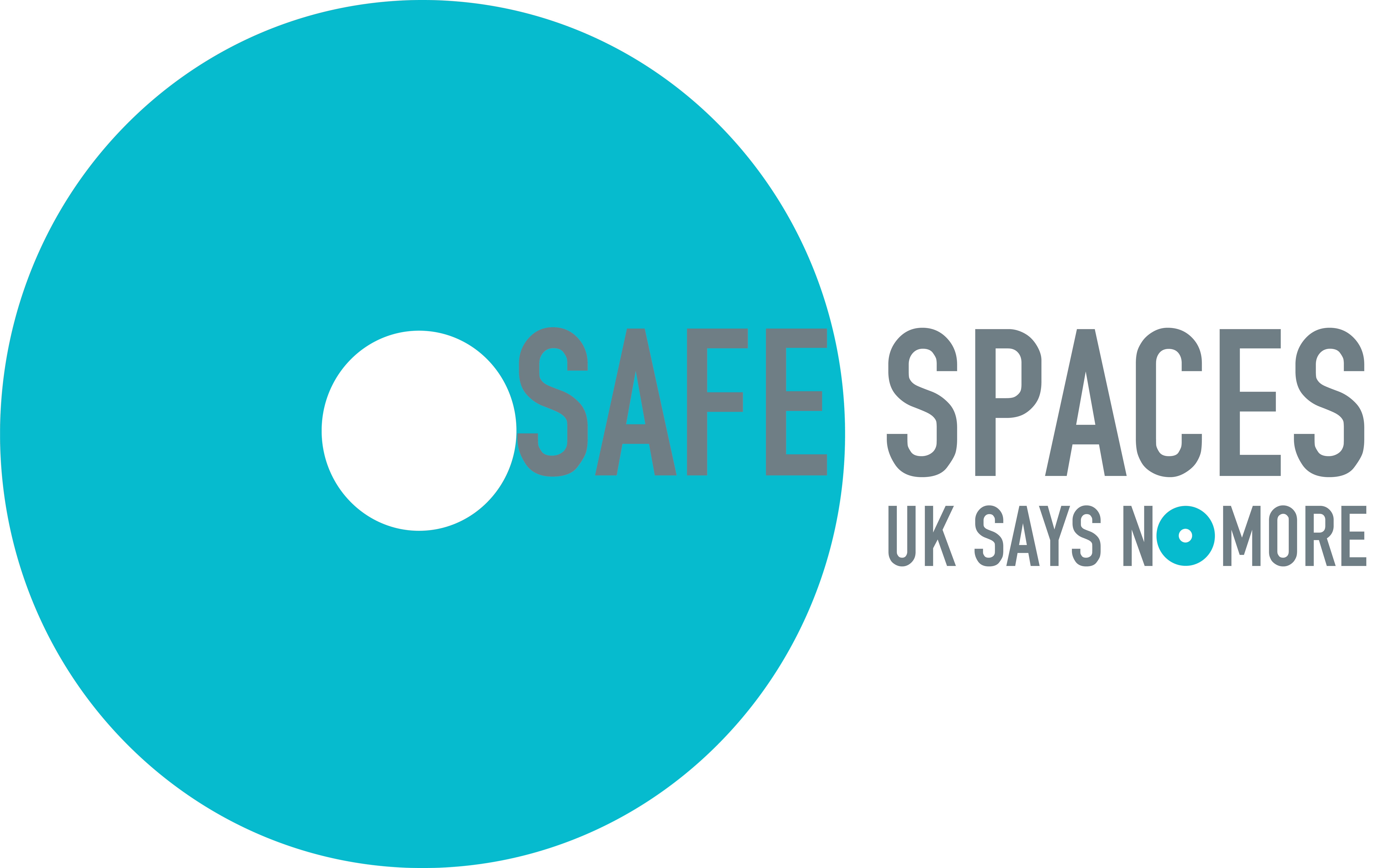2020 SHIFT Sustainability Assessment - How did Network score?
11 January 2021
by Fabio Miccoli, Research & Policy Analyst
Since last year, Network Homes has been taking part in the SHIFT sustainability assessment. This is an accreditation scheme for the housing sector reviewing how organisations deliver against challenging environmental targets. 
The SHIFT assessment measures organisations against 21 environmental criteria, including CO2 emissions, water use, landfill waste and response to climate change risks. Organisations that are assessed receive SHIFT Commended, Bronze, Silver, Gold or Platinum accreditation, depending on their performance, and a bespoke report with tailored recommendations on how to improve.
The 2020 SHIFT report presents the sustainability performance of Network Homes across four operational areas: strategy and leadership, existing homes and offices, supply chains, and new builds.
Read the full SHIFT Report 2020 Here!
How did Network perform?
In 2020 Network achieved the SHIFT Bronze standard with a score of 34.62. We rank 35th out of the 40 most recent SHIFT assessments. Results show an improvement from our 28.19 score in 2019 but also signal a considerable distance from the top players, highlighting the need for increased action and improvement on sustainability.
Let’s now take a closer look at our current strengths as well as areas of improvements. This blog will also provide some further clarity around the strategic steps we’re taking to embed sustainability into our organisation.

What are we currently doing well?
Both our existing and new build homes reported high levels of overall environmental performance, as measured in terms of average Standard Assessment Procedure (SAP) Ratings. This is where things get a bit technical with a few acronyms!
SAP works by assessing how much energy a dwelling will consume, when delivering a defined level of comfort and service provision. The assessment is based on standardised assumptions for occupancy and behaviour. This enables a like-for-like comparison of dwelling performance. Related factors, such as fuel costs and emissions of carbon dioxide (CO2), can be determined from the assessment.
SAP ratings show the energy performance of a property on a scale of 1 to 100, with A to G categories within this scale. The rating is a calculated based on energy cost per m2 and is linked to theoretical running costs. A-rated properties (those with a higher SAP rating) have better energy efficiency and lower running costs than G rated properties (with an SAP score closer to zero).
Once a SAP calculation has been agreed, it will be used to form the Energy Performance Certificate (EPC). This shows you how much a building will cost to heat and light, what its carbon dioxide emissions are likely to be and what improvements you can make to improve its energy efficiency.

The SHIFT Report presents a more detailed breakdown of Network’s stock performance by scoring metrics and operational areas including:
- Existing homes reported an estimated average SAP of 72 which is an overall improvement from last year’s score of 68. This earned an average EPC - Band C rating. An EPC rates a property in bands from A (most efficient) to G (least efficient). Learn more about EPC Ratings here!
- Of the 16,000 rented homes we currently manage, 71.44% falls into EPC - Band C rating or higher and we are in process of drafting a retrofit plan to bring 100% of our rented homes up to Band C rating by 2030, in line with Government Fuel Poverty targets.
- New Build Stock - 30% of new homes achieved a high EPC – Band B rating (SAP 86 – 91) and the remaining 70% complied with building regulations minimum energy requirements of a low EPC - Band B rating (SAP 81-85). The majority of our new developments have received a range of ecological enhancements including complete sustainable urban drainage systems, tree planting, blue/green roofs and bat boxes.
- Moving to our new office The Hive has allowed us to improve our workplace sustainability achieving strong sustainability ratings of BREEAM ‘excellent’ and a EPC - Band B rating (Our old office at OOC had an EPC rating of Band D). This has been achieved through several design features, such as a centralised and automated heating system, sensor-activated LED lighting, zip taps, and high energy performance appliances.
Streamlined Energy and Carbon Reporting (SECR)
In addition to the SHIFT assessment, we also produced a Streamlined Energy and Carbon Reporting (SECR) Statement.
SECR aims to bring the benefits of carbon and energy reporting to more businesses. The reporting framework is intended to encourage the implementation of energy efficiency measures, with both economic and environmental benefits, supporting companies in cutting costs and improving productivity at the same time as reducing carbon emissions.
The status of housing associations falls somewhere between a large unquoted company and a public body, so Network decided to take a precautionary approach and produce the statement.
This is good for two reasons:
- Voluntary reporting is encouraged by Government
- Highlighting energy use can lead to financial benefits
This year’s statement shows energy use and carbon emissions for the financial year 2019/2020. Going forward Network will produce an SECR Statement annually and it will be incorporated into our annual Financial Statements.
You can learn more about SHIFT and SUSS Housing here!
Areas of improvement - Network's commitment to sustainability!
Despite doing reasonably when it comes to the energy performance of our homes there’s still big gaps in a number of key areas for Network which on balance result in poor scoring and ranking when compared to other assessed social landlords.
In particular, the SHIFT assessment recorded a lack of effort from Network to actively engage with residents around sustainability issues – such as recycling, energy efficiency and sustainable transport initiatives. As well as a failure to regularly collect and update data on domestic water efficiency and waste recycling, or accurate information on provision of green spaces and biodiversity within estates.
We’ve been taking steps to address these issues, starting with creating an Environmental Sustainability Group at Network Homes consisting of members across the organisation committed to adopting a strategic approach to sustainability.
In a nutshell, the three main projects we’re planning to launch in 2021 include:
- Network’s Sustainability Strategy – This will build on SHIFT’s recommendations and sets out our approach to sustainability from 2021 to 2024. It features key strands such as the increased environmental performance of our new and existing homes, a responsible procurement process, and a renewed approach to managing energy systems.
- Increased Resident Engagement around energy efficiency and sustainability - As part of this we are planning to create a dedicated page on our website with information about sustainability and tips, and advice to residents on their home to access.
- A greater attention to data gathering around sustainability related issues, using SHIFT to assess our annual performance against targets.

